Into The Deep.
Be a marine scientist.
Ever wondered what lives in the deep oceans around us?
Ever thought about how healthy oceans benefit you and your community?
Well, now you can be part of a worldwide support structure of experts working to make sure that our oceans stay clean, safe and plentiful, for generations to come… so go on, dive in!
Adjust your buoyancy, we’re going into the deep…
What we aim to achieve.
Into The Deep brings the worlds deep ocean to your laptop: we will teach you about four distinct marine habitats and show you the impact that human behaviour has on them. Then you will learn how to use BiiGLE PARTY, a new web-based tool to make species observations in sea floor images.
Travel the world’s oceans with us: You’ll see lobsters in the Aegean, crabs in the Pacific and hundreds of beautiful fish in the Mediterranean… so come on in, the water’s beautiful!
OK I’m in. But how does annotating images have an impact?
Results you record feed into ongoing research at the four marine research institutes. You gain a deeper understanding of marine conservation policy and what you can do to support a health ocean, and researchers can find results quicker and easier with your help - simple!
I’m a researcher with some images. Can I use the software too?
One of our aims is to encourage more collaboration between communities and scientists. If we are going to protect our valuable marine ecosystems as proposed in the Ocean Decade, we’re going to need everyone on board.
We’re starting with 4 ecosystems as the pilot, but if you have a dataset you think might work, definitely get in touch!
Into The Deep Project Partners.
Interchange gUG, Germany (Coordinator)
Our vision is a European one: education, critical thinking and participation in society help us to overcome today's borders. Training is an open-minded mindset that goes beyond the walls of a specialized institution.
ICM-CSIC, Spain
Building the future we imagine for our oceans through excellent marine research for a society in harmony with the blue planet via creativity, through cooperation and with full commitment.
Athens Lifelong Learning Institute, Greece
The Athens Lifelong Learning Institute is a premier research institute in Greece which represents a unique integration of multidisciplinary expertise and “innovative thinking. It draws on a comprehensive and diverse knowledge base, combining research methods, network development, and policy analysis.
Transcending Boundaries is the Bielefeld approach and stands for the crossing of borders between disciplines and scientific cultures, between research and teaching as well as between science and society.
UPC run the Expandable Seafloor Observator (OBSEA) a cabled seafloor observatory located 4 km off the Vilanova i la Geltru coast in a fishing protected area. It is connected to the coast by an energy and communications mixed cable .
Archipelagos – Institute of Marine Conservation, Greece
Non-profit NGO combining multidisciplinary scientific research and efficient conservation work with the active participation of local communities since 1998.
This cooperation creates a strategic foundation that enables and strengthens the activities of Archipelagos at the local, national and European level, allowing us to protect aquatic and terrestrial life against ever-increasing human factors.









